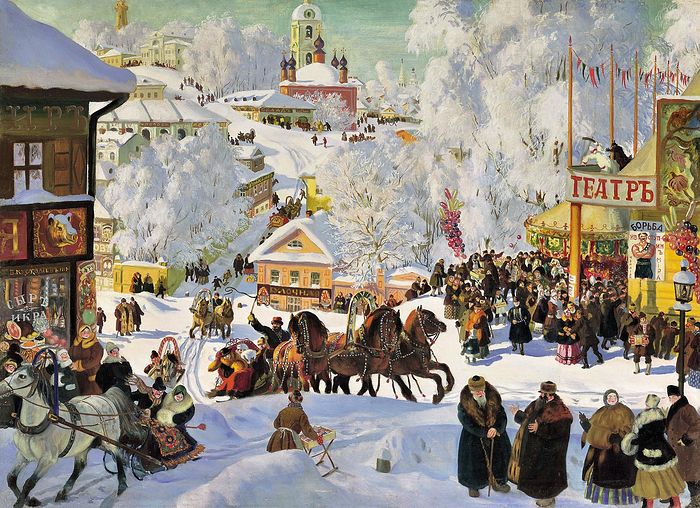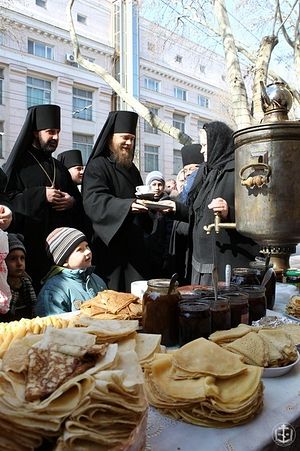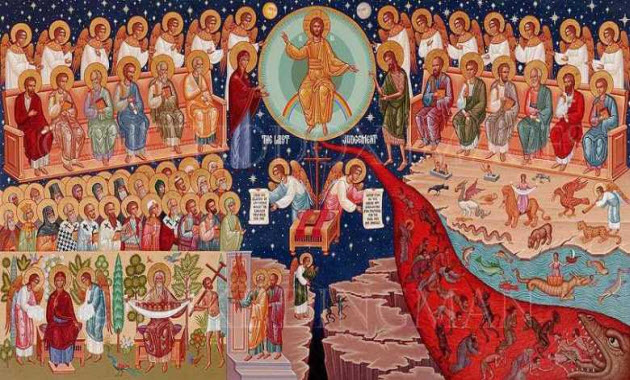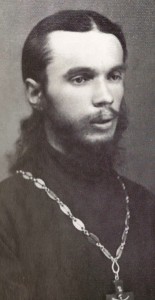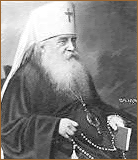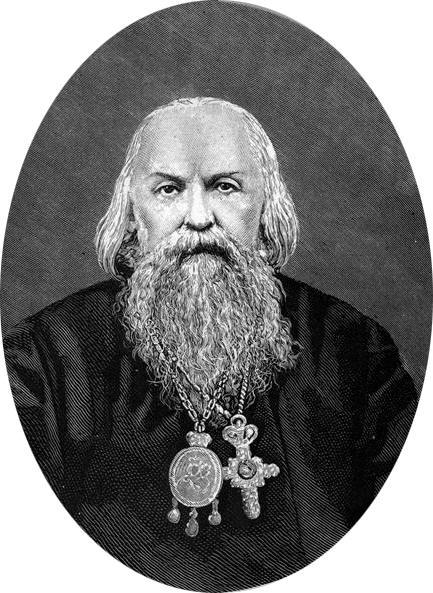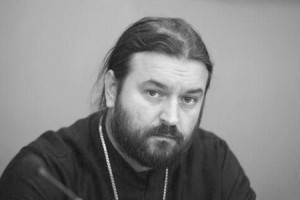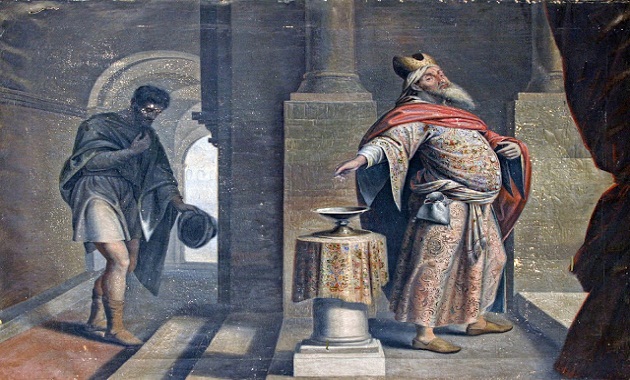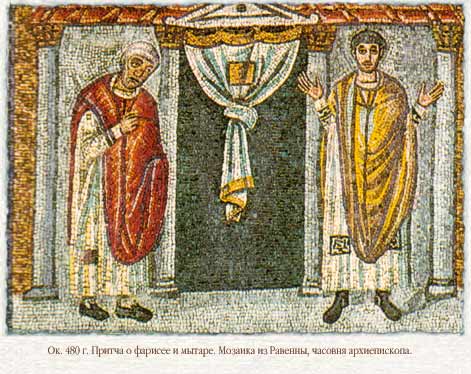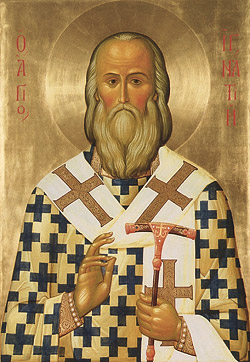Metropolitan Philaret of Eastern American and New York (+1985)
When the Son of man shall come in His glory, and all the holy angels with Him, then shall He sit upon the throne of His glory: and before Him shall be gathered all nations, and He shall separate them one from another, as a shepherd divideth his sheep from the goats. And He shall set the sheep on His right hand, but the goats on the left. Then shall the King say unto them on His right hand, Come, ye blessed of My Father, inherit the kingdom prepared for you from the foundation of the world. For I was a-hungered, and ye gave Me meat: I was thirsty, and ye gave Me drink: I was a stranger, and ye took Me in: naked, and ye clothed Me: I was sick, and ye visited Me: I was in prison, and ye came unto Me. Then shall the righteous answer Him, saying, Lord, when saw we Thee a-hungered, and fed Thee? or thirsty, and gave Thee drink? When saw we Thee a stranger, and took Thee in? or naked, and clothed Thee? Or when saw we Thee sick, or in prison, and came unto Thee? And the King shall answer and say unto them, Verily I say unto you, inasmuch as ye have done it unto one of the least of these My brethren, ye have done it unto Me. Then shall He say also unto them on the left hand, Depart from Me, ye cursed, into everlasting fire, prepared for the devil and his angels. For I was a-hungered, and ye gave Me no meat: I was thirsty, and ye gave Me no drink. I was a stranger, and ye took Me not in: naked, and ye clothed Me not: sick, and in prison, and ye visited Me not. Then shall they also answer Him, saying, Lord when saw we Thee a-hungered, or athirst, or a stranger, or sick, or in prison, and did not minister unto Thee? Then shall He answer them, saying, Verily I say unto you, inasmuch as ye did it not to one of the least of these, ye did it not to Me. And these shall go away into everlasting punishment: but the righteous into life eternal (Matthew 25:31-46).

